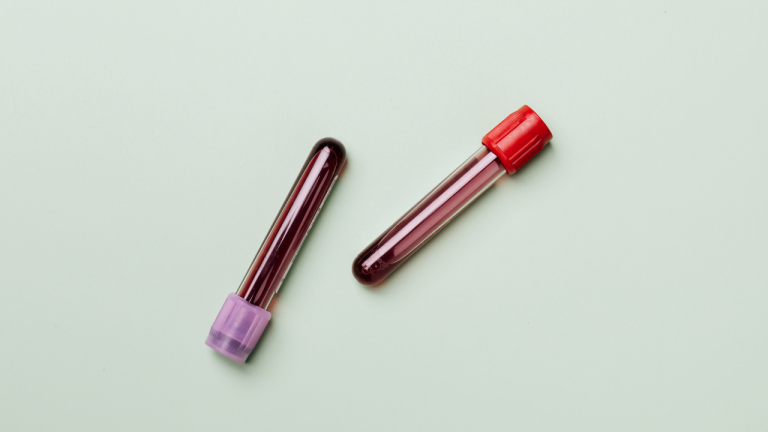Ways To Maintain Healthy Cholesterol Levels Naturally

Heart Health: Although medications can help improve cholesterol, highlights how certain lifestyle changes can help you maintain healthy cholesterol levels.
Cholesterol is a waxy substance found in the blood. The build-up of cholesterol levels, beyond normal levels, can pose serious risks to health, leading to heart attacks and strokes. While there are different types of cholesterol, LDL ( low-density lipoprotein) is the one harmful and increases the risk of heart disease. Although medications can help improve cholesterol, how certain lifestyle changes can help keep bad cholesterol in check.
Heart Health: Make These Lifestyle Changes To Reduce Bad Cholesterol
Eat heart-healthy foods
Suggests reducing the consumption of saturated fats, which are primarily found in red meat and full-fat dairy products. She also advises us to eliminate trans fats from our diet. Trans fats, sometimes listed on food labels as “partially hydrogenated vegetable oil,” are often used in margarine and store-bought cookies. “Eat foods rich in omega-3 fatty acids” and “increase soluble fiber,” she adds. Omega-3 fatty acids are found in food items like A2 cow ghee, salmon, walnuts, and flaxseeds.
Exercise regularly
People to increase their physical activity and exercise on most days as it helps in improving their cholesterol.
Quit smoking
“Smoking lowers HDL cholesterol as by quitting, smokers can lower their LDL cholesterol and increase their HDL cholesterol levels. It can also help protect their arteries,” the health expert adds.
Maintain healthy body weight
Overweight and obese lead to bad cholesterol. Therefore, a weight loss of as little as 5% to 10% can help improve cholesterol numbers.
Drink alcohol in moderation
Advises one drink a day for healthy adults, which includes women of all ages and men older than the age of 65. And, up to two drinks a day for men of age 65 or younger. Too much alcohol can lead to serious health problems.
There are several ways to maintain healthy cholesterol levels naturally:
Eating a diet high in fruits, vegetables, whole grains, and lean protein
Exercising regularly
Maintaining a healthy weight
Quitting smoking
Managing stress
Taking supplements such as fish oil, red yeast rice, and niacin (under doctor’s supervision)



